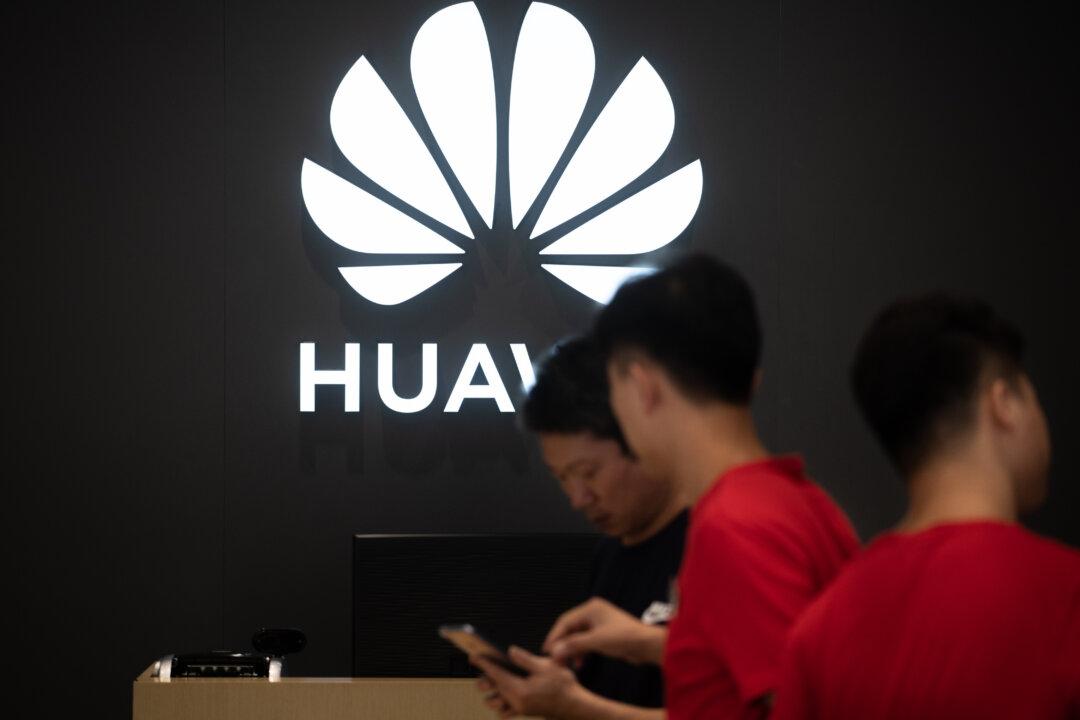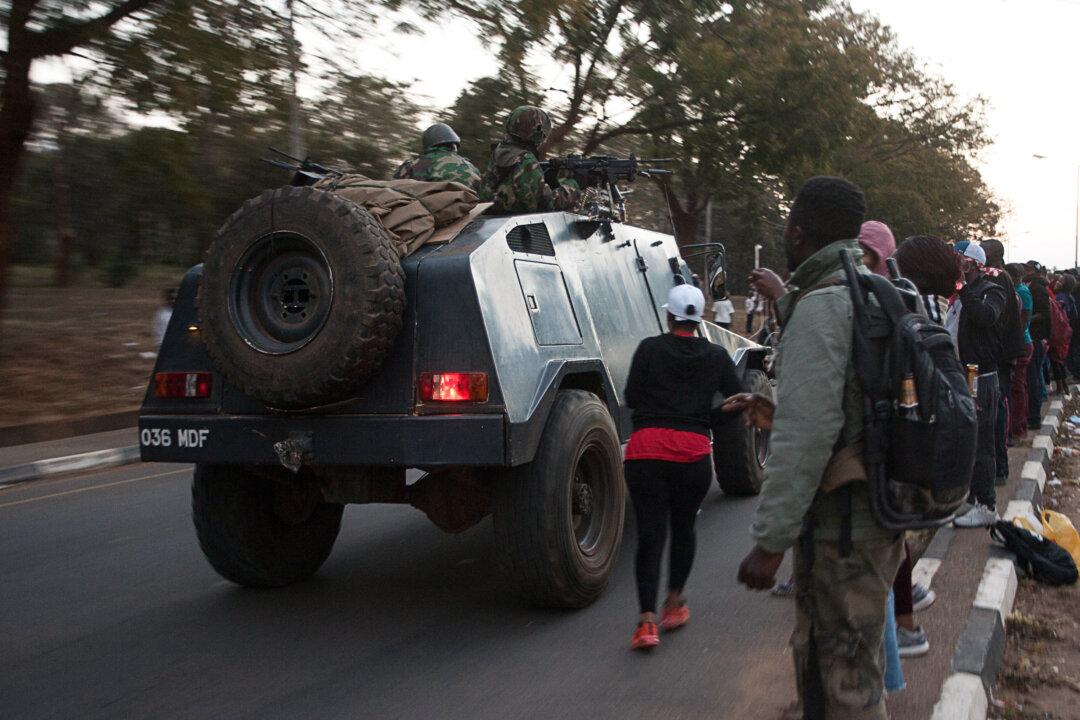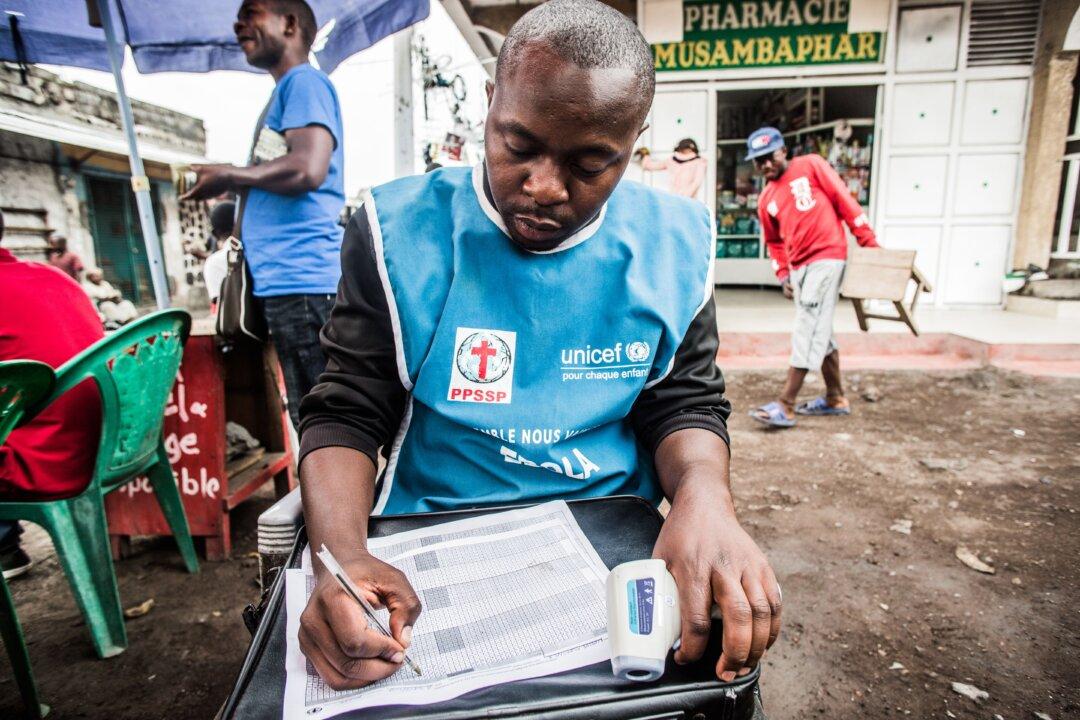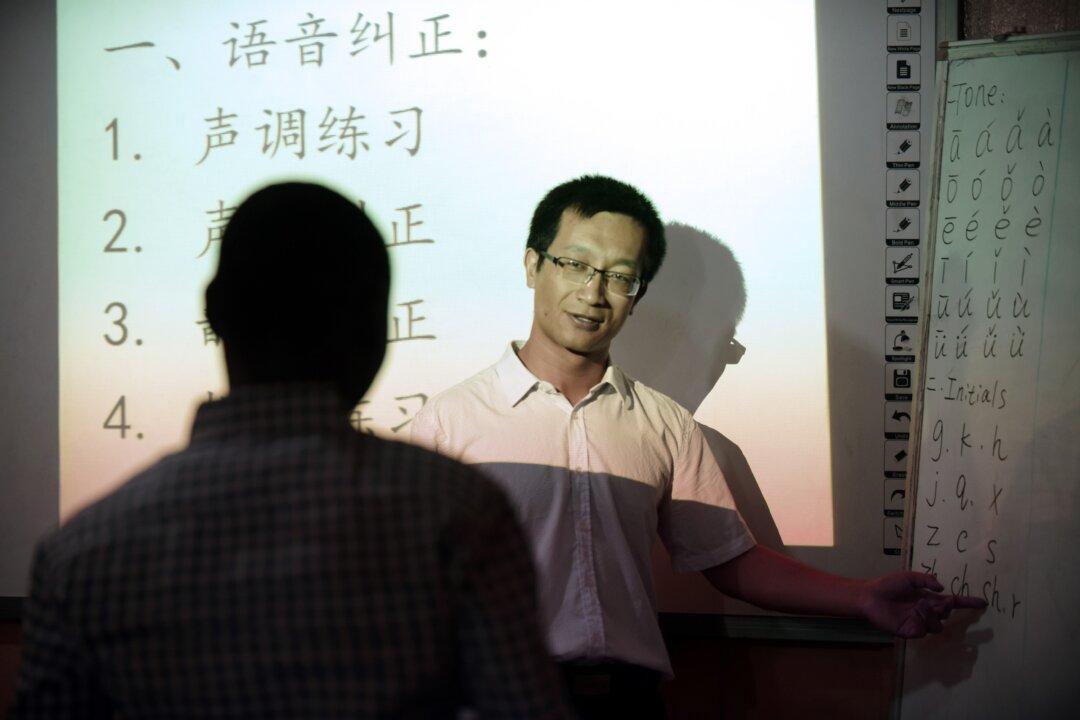BLANTYRE, Malawi—Chinese telecom giant Huawei continues to be the focus of controversy, the latest being a purported link to spying by some African nations on political opponents.
The Wall Street Journal (WSJ) reported earlier this year that Huawei employees, embedded with cybersecurity forces in Uganda and Zambia, helped in intercepting “encrypted communications and used cell data to track opponents” of the countries’ ruling political parties.




